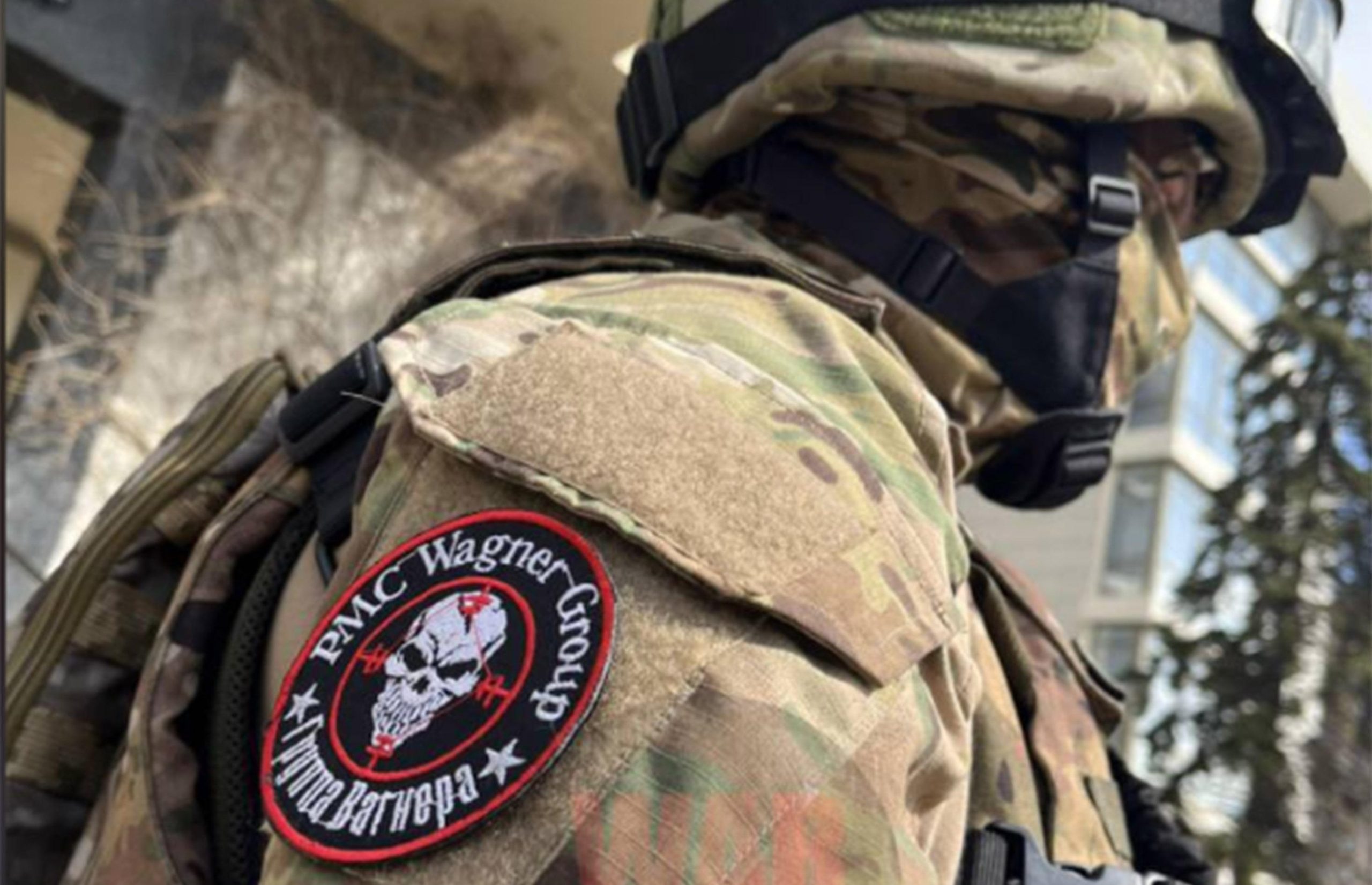The escalation of conflict between the Sudanese Armed Forces and Rapid Support Forces since mid-April, has led the Biden administration to give special priority to two main objectives. The first, is the evacuation of US nationals from Sudan. This is to avoid repeating previous errors that could affect the political future of the US in conflict regions, which is particularly important as Biden runs for a second presidential term in the November 2024 elections. The second objective, is to reduce the level of engagement of foreign forces hostile to the US (namely Russia’s Wagner Group), and contribute to the process of Sudan’s political restructuring in a manner conducive to preserving US interests.
It seems that US efforts towards fulfilling these two objectives is likely to intensify in the near future, especially after Russia showed no qualms in deploying the Wagner Group in the Sudanese conflict. Indeed, Russian Foreign Minister Sergei Lavrov’s remarked on April 26, that “Sudan’s legitimate authorities have the right to use the services of the Wagner group.”
Parallel moves
Over the past few months, US officials have feared the growing role of the Wagner Group, which the Pentagon describes as an extension of the Russian Ministry of Defense in conflict zones in the Middle East, particularly in Libya and Sudan, along with other countries such as Chad and Central Africa. Several reports indicate that in their recent visits to the region, CIA Director William Burns, and US Secretary of State Anthony Blinken, have pressured military commanders in Sudan and Libya to end their relations with the Wagner Group.
This is in parallel to growing American concerns about the possible movement of the group’s fighters from Libya to Sudan. Indeed, on April 21, satellite images analyzed by CNN and the open-source group All Eyes on Wagner revealed that a Russian transport aircraft had moved between two Libyan air bases under the control of the Libyan National Army (LNA).
On April 27, the US Embassy in Libya announced that US Assistant Secretary of State for Middle East Affairs Barbara Leaf had spoken with LNA Commander Marshal Khalifa Haftar on “the urgent need to prevent [Wagner] from further destabilizing Libya or its neighbours, including Sudan.”
Mounting Concerns
Although there are no confirmed reports of Wagner troops directly engaging in combat between the Sudanese Armed Forces and the Rapid Support Forces, the reasons behind increased US concern can be explained in the light of the following considerations:
- Adding fuel to fire: Based on Wagner’s history in regional and African conflicts, the US fears that Wagner’s role in the current crisis will exacerbate the military conflict between the Sudanese Army and the Rapid Support Forces. US officials have expressed these concerns, with White House National Security Council spokesman John Kirby saying on April 24 that, “the Group’s involvement has the potential to further ignite the conflict.” Foreign Minister Anthony Blinken stressed on the same day, that the US administration has “deep concern” over Wagner’s military activity in Sudan because ” in so many different countries, and in Africa … [it] simply brings more death and destruction with it.” Here, the US Administration is seeking to avoid the possibility of prolonging Sudan’s military conflict, and its extension to neighboring states, some of which are experiencing chronic internal crises that threaten their stability, such as Chad.
- Russia’s strategy to setup a naval base: In April 2021, Sudan expressed its opposition to the establishment of a Russian naval base in Port Sudan, which could serve as a maritime logistics center, a repair yard, and house up to 300 personnel and four naval vessels, including nuclear-powered ships. The US administration therefore fears that Wagner’s role in the Sudanese conflict can potentially expand, and leverage Russian interests towards acquiring a strategic naval base in Sudan.
According to a Washington Post report on April 22, a leaked Pentagon document revealed that the Russian Foreign Minister Sergei Lavrov referred to these plans in his meetings with Sudanese military commanders in his visit to Khartoum, on February 9.
- Helping Russia overcome Western sanctions: Increasing Western and US sanctions following the war in Ukraine on February 24, 2022, have attempted to isolate Russia internationally, and dry up sources of support for Russia’s military operations. This led Russian President Vladimir Putin to adopt alternative policies to bypass Western sanctions. This includes strengthening relations with several African states that enjoy significant natural resources and are strategically located near global transport lines is one such alternative. To this end, Russia has recently expanded bilateral relations with Sudan, and strengthened Wagner’s role in order to access Sudanese gold.
On 29 July 2022, an investigative report by CNN revealed a Russian scheme leverage its influence in Sudan in order to counter Western sanctions and maintain its forcefulness in Ukraine.
Persistent Policy
The Biden administration is keen prioritize Wagner’s activity in Sudan when formulating its policy strategy and position on the continued conflict between the Sudanese Army and the Rapid Support Forces in line with circumventing Russian influence, and mitigating its sources of funding and its growing role in helping Putin overcome US and international sanctions. US officials are convinced that Russia is seeking to inflame violence to end or undermine US influence in the country, and to instigate instability that will help it achieve its medium- and long-term economic and military gains.


